How to Get a PhD in Math
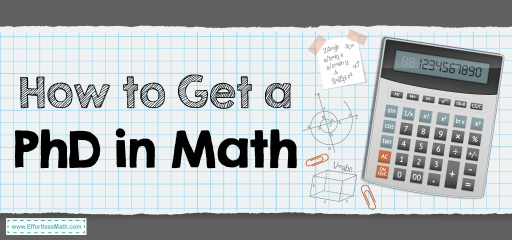
A PhD in mathematics is a very high level of education that gives students a lot of specialized knowledge and the skills to do original, independent study. People who want to work in education, research institutions, or other fields that require strong quantitative and analytical skills must get this doctoral degree. To get a PhD, you need to start with a good foundational math education. Then, you have to pick the right school, get through the application process, find funding, and finally finish a hard dissertation. Each level is meant to prepare people for the difficulties of handling complex math problems and researching in this area.
Prerequisites for Pursuing a PhD
People who want to get a PhD in mathematics usually need a strong academic background in math or a related area, such as physics, statistics, or math. Advanced critical thinking and problem-solving are important skills. It is very essential to get a solid grounding in math in college and maybe even at the master’s level. During the preparation phase, resources such as best dissertation writing services can assist in honing research proposals or dissertations. This guarantees candidates are well-prepared to tackle complex mathematical problems and contribute significantly to their chosen fields.
Choosing the Right PhD Program
When looking for a PhD program in mathematics, it’s important to think about the amount of institutional support, the expertise of the faculty, and the available research areas. Potential students should examine the faculty’s study and see if the program fits their academic interests. It’s also influential to look at the available tools and resources, such as labs, libraries, and funding options. When deciding between domestic and international programs, you should consider how well the two cultures fit together, whether you need to learn a language, and how you live might affect your study and professional network. Ultimately, your choice should be based on your short- and long-term career goals.
The Application Process
The application process for a PhD in mathematics typically includes submitting transcripts, standardized test scores (such as the GRE), and a personal statement. Transcripts should reflect a strong academic record in relevant coursework, while test scores can demonstrate quantitative and analytical prowess. The personal statement allows candidates to articulate their academic interests, career goals, and reasons for choosing a specific program. A compelling research proposal should outline a clear, innovative research question, demonstrate familiarity with existing literature, and suggest potential methodologies. For example, a proposal might explore novel approaches to solving differential equations that could advance theoretical and applied mathematics. These components collectively showcase the applicant’s qualifications and research potential.
Funding Your PhD
PhD students in mathematics can access various funding options. Notable sources include:
- Scholarships and Fellowships: Like the IMU Breakout Graduate Fellowship, which supports postgraduate studies in developing countries.
- Teaching Assistantships: Offered by many universities to provide teaching experience and financial support.
- Research Grants: Such as those from the National Science Foundation or specific university-sponsored grants.
- Institutional Packages: Comprehensive support from institutions like Harvard and the University of Chicago, covering tuition, health insurance, and living expenses for multiple years.
Because these are competitive chances, you need to apply as soon as possible.
Life as a PhD Student
Being a PhD student in mathematics is hard work that pays off. People usually start their days by checking their emails and making plans. Next, they study a lot or attend classes, or seminars. For advice and to check in on progress, it’s important to have regular talks with supervisors. Finding the right balance between schoolwork, study, and personal life is important because the demands can be heavy. Many PhD students teach, which makes money and helps them learn useful academic skills. Attending community academic workshops and events is a big part of getting a PhD. These activities help students improve their academic and social lives.
Completing Your Dissertation
You need to follow several organized steps to finish your PhD dissertation in mathematics. First, you need to write and turn in a detailed dissertation proposal that includes your study questions and how you plan to answer them. Once you get permission, you work hard on the study, data collection, and analysis with the help of your dissertation committee. When you write your dissertation, you must be able to explain your results clearly and organize them. The dissertation defense is the last step in this process. You present your study to the committee, defend your methods and conclusions, and answer questions. Usually, this case includes both a public speech and a more in-depth meeting with your committee members. Your PhD degree will be given to you after you finish and get approval for your research.
Career Opportunities Post-PhD
After obtaining a PhD in Mathematics, graduates can pursue diverse career paths in academia, industry, and government. Academic roles include professorships or research positions where you can engage in teaching and groundbreaking research. In the private sector, mathematicians often find opportunities in quantitative finance, data science, and software development, utilizing their analytical and computational skills. Effective networking and professional development are crucial, with strategies including attending conferences, publishing research, and joining professional organizations. This proactive engagement helps build connections and stay updated with the latest advancements in the field.
Conclusion
A PhD in mathematics is gaining but rewarding field, offering personal and professional progress. As you complete the requirements, program selection, and dissertation, remember that each stage advances your field expertise. Stay motivated, accept the challenging process, and look forward to making a big impact in mathematics.
Related to This Article
More math articles
- 8th Grade WVGSA Math Worksheets: FREE & Printable
- Simple But Practical: First-Order Ordinary Differential Equations
- Convert Between Improper Fractions and Mixed Numbers
- 3rd Grade Common Core Math Worksheets: FREE & Printable
- 6th Grade MCAS Math Practice Test Questions
- Top 10 Free Websites for CLEP College Math Preparation
- 4 Perfect Tablets for Note-Taking in 2024
- How to Use Benchmark to Compare Fractions?
- How to Find the Volume and Surface Area of Rectangular Prisms? (+FREE Worksheet!)
- How to Understand Dilations: A Step-by-Step Guide
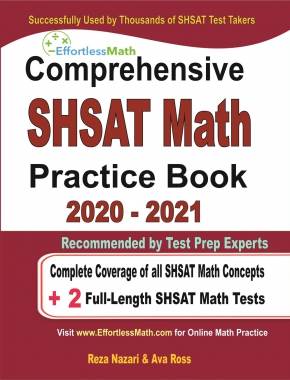

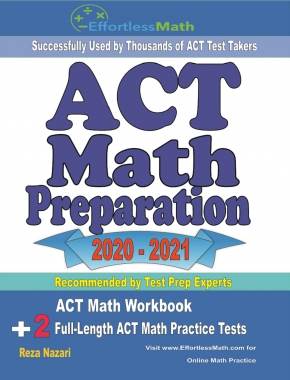
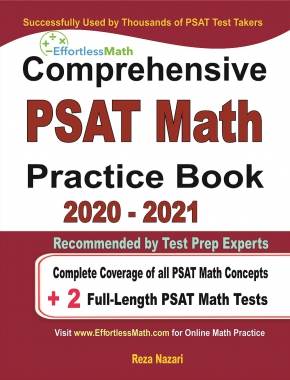
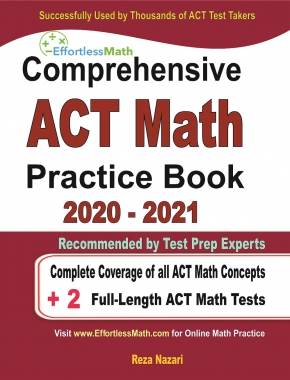
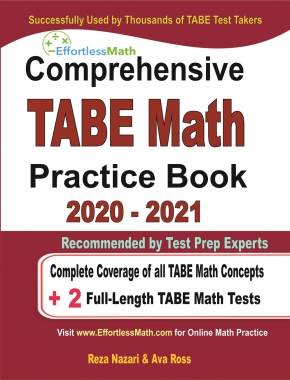
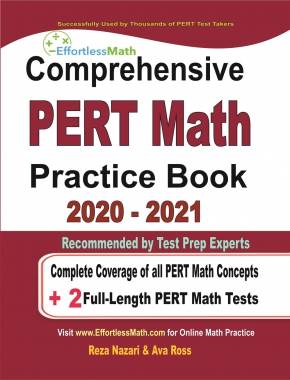
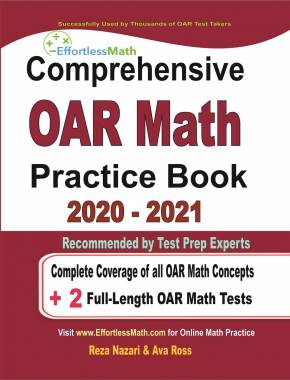
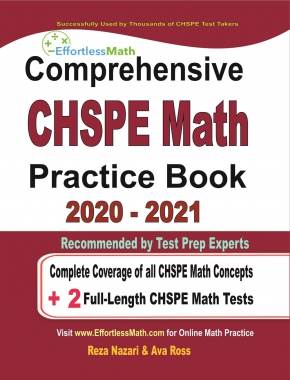
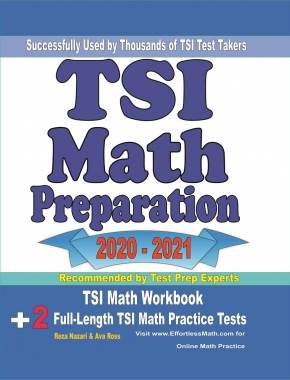
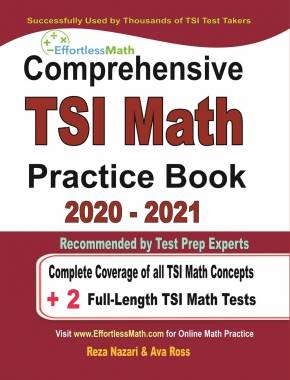

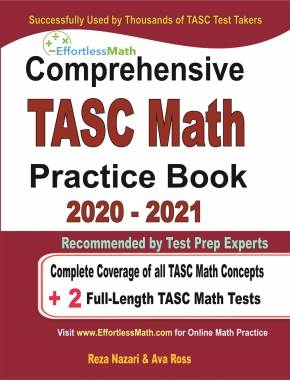
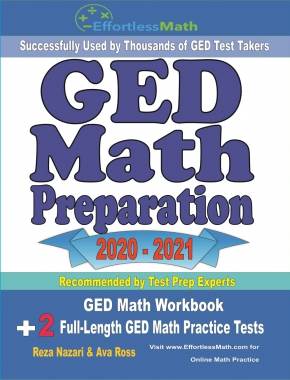



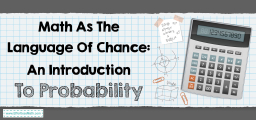







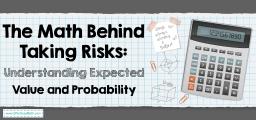



What people say about "How to Get a PhD in Math - Effortless Math: We Help Students Learn to LOVE Mathematics"?
No one replied yet.